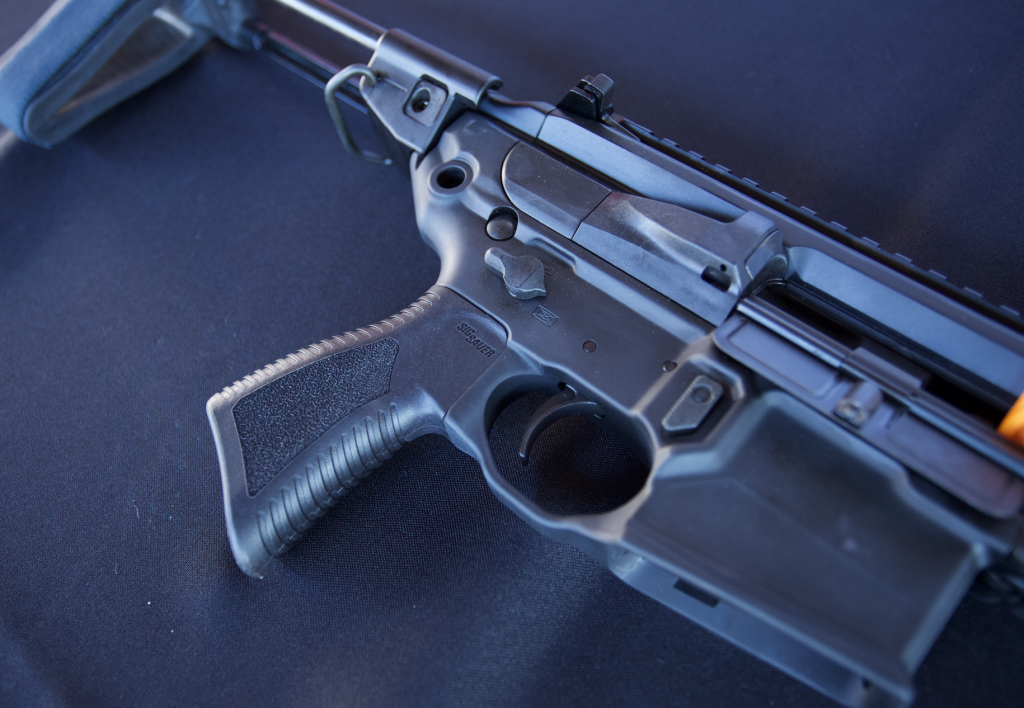Texas gun owners and three major pro-2A organizations have taken the ATF and DOJ to federal court — arguing that the National Firearms Act (NFA) is now unconstitutional after Congress zeroed out the $200 tax on suppressors, short-barreled rifles, and shotguns earlier this year.
The lawsuit, filed in the Northern District of Texas – Amarillo Division, pits everyday Texans and the Texas State Rifle Association, FPC Action Foundation, and the Citizens Committee for the Right to Keep and Bear Arms (CCRKBA) against the Bureau of Alcohol, Tobacco, Firearms and Explosives (ATF) and Attorney General Pamela Bondi.
The Core Argument: No Tax, No Power
For nearly a century, the NFA has hung its legal hat on Congress’s taxing power. Back in 1934, lawmakers admitted they didn’t have the authority to ban certain guns outright — so they taxed them instead.
But the game changed on July 4, 2025, when President Trump (under the “One Big Beautiful Bill Act”) signed a provision eliminating those NFA taxes for everything except machine guns and destructive devices.
That means you no longer pay a dime in “making” or “transfer” tax for suppressors, short-barreled rifles, short-barreled shotguns, or any-other-weapons (AOWs) — yet you’re still required to register them, submit fingerprints, home addresses, and wait months for ATF approval.
The plaintiffs say that makes the entire registration scheme unconstitutional.
Protected Under Bruen
The second major claim hits from another angle — the Second Amendment. The suit argues that suppressors, short-barreled rifles, short-barreled shotguns, and any-other-weapons (AOWs) are all “arms” in common lawful use, not “dangerous and unusual” items outside constitutional protection.
Drawing on Heller and Bruen, the plaintiffs say the government has no historical tradition of requiring Americans to register protected arms or be fingerprinted to own them.
Suppressors reduce hearing damage, SBRs and SBSs are common for hunting and home defense, and AOWs (like compact, smooth-bore pistols) are simply another category of bearable firearms.
SEE ALSO: The Wonderful World of the Top 5 Wonder Nines
Suppressors, it notes, reduce hearing damage, improve accuracy, and cut recoil, and they’re legal in 42 states. The filing even points out that the U.S. Marines and countless police departments use them for hearing protection.
The suit also cites ATF’s own data showing more than 4.5 million registered suppressors in circulation, with virtually no criminal misuse.
The Human Side: Texans Pushed Out by Paperwork
Three individual plaintiffs — John Jensen, Jeremy Neusch, and David Smith — describe long waits, invasive fingerprinting, and personal privacy concerns that have deterred them from buying or transferring suppressors and SBRs.
One plaintiff, Jensen, even cited a spinal injury and hearing loss as reasons he needs suppressors and a short-barreled rifle for safer, lower-recoil shooting — but says he won’t risk the felony penalties of the NFA to get them.
The business plaintiff, Hot Shots Custom LLC, says the red tape costs them money and customers every month.
What the Lawsuit Seeks
The plaintiffs want the court to:
- Declare the NFA unconstitutional for all firearms that are no longer taxed under the “One Big Beautiful Bill.”
- Strike down the NFA’s registration and enforcement mechanisms for suppressors and short-barreled rifles.
- Bar the ATF and DOJ from enforcing any related regulations.
The case is officially Jensen et al. v. Bureau of Alcohol, Tobacco, Firearms and Explosives et al., Case No. 2:25-cv-00223 (N.D. Tex.).
Why This Case Matters
This isn’t just a Texas fight. If the plaintiffs win, it could gut the NFA’s entire registration framework for most regulated firearms — a massive shift in federal gun law.
Stay tuned. If this case gains traction, the 90-year-old backbone of federal gun regulation could finally face its reckoning.
*** Buy and Sell on GunsAmerica! ***
Read the full article here





